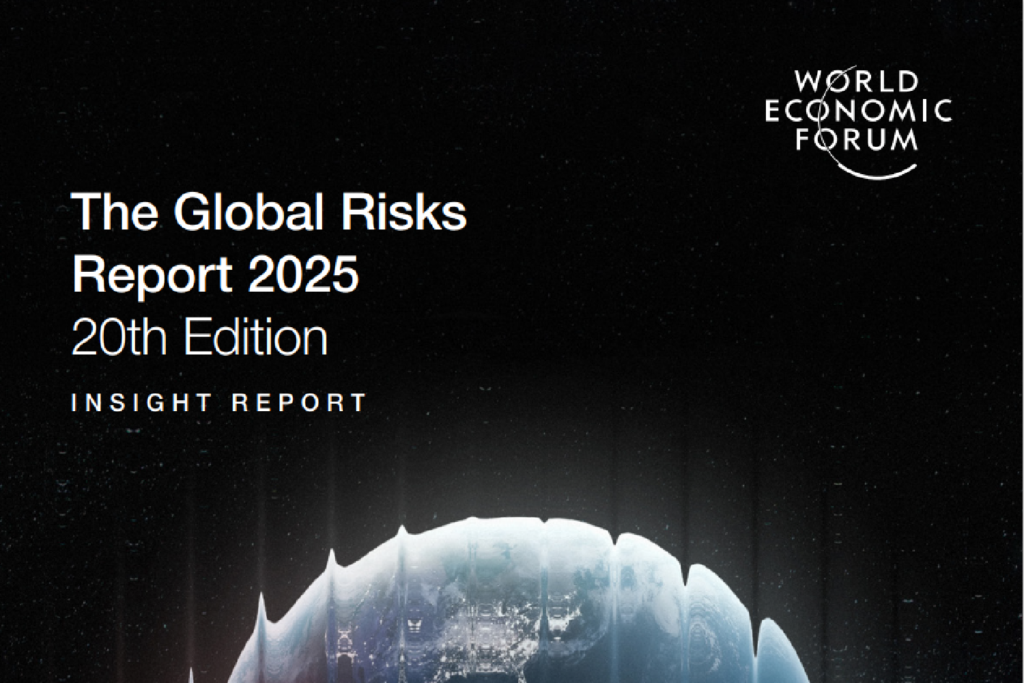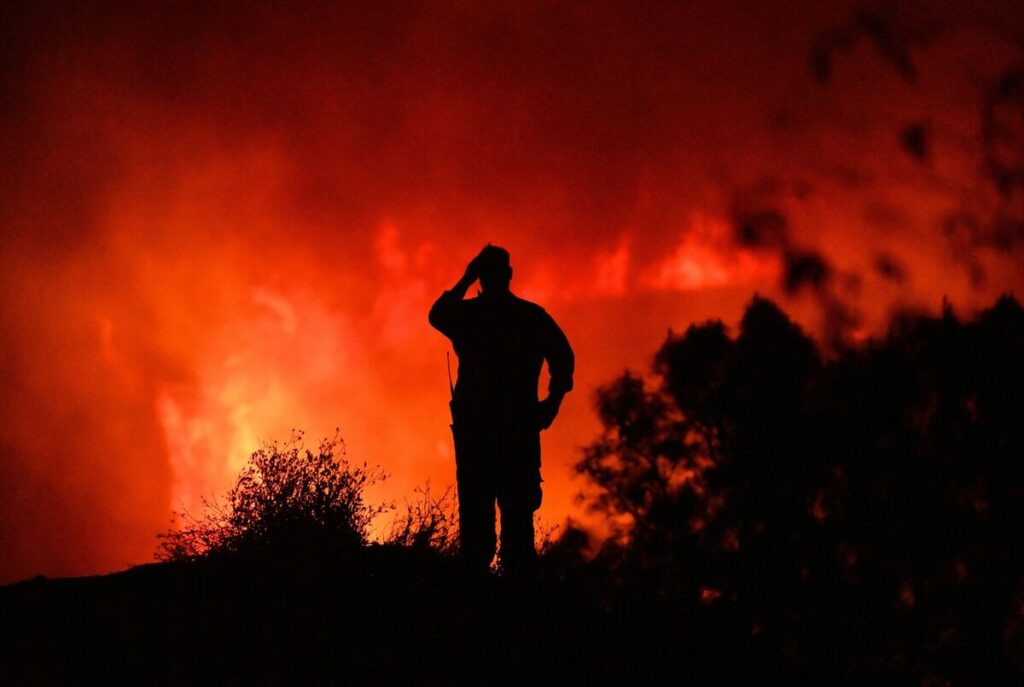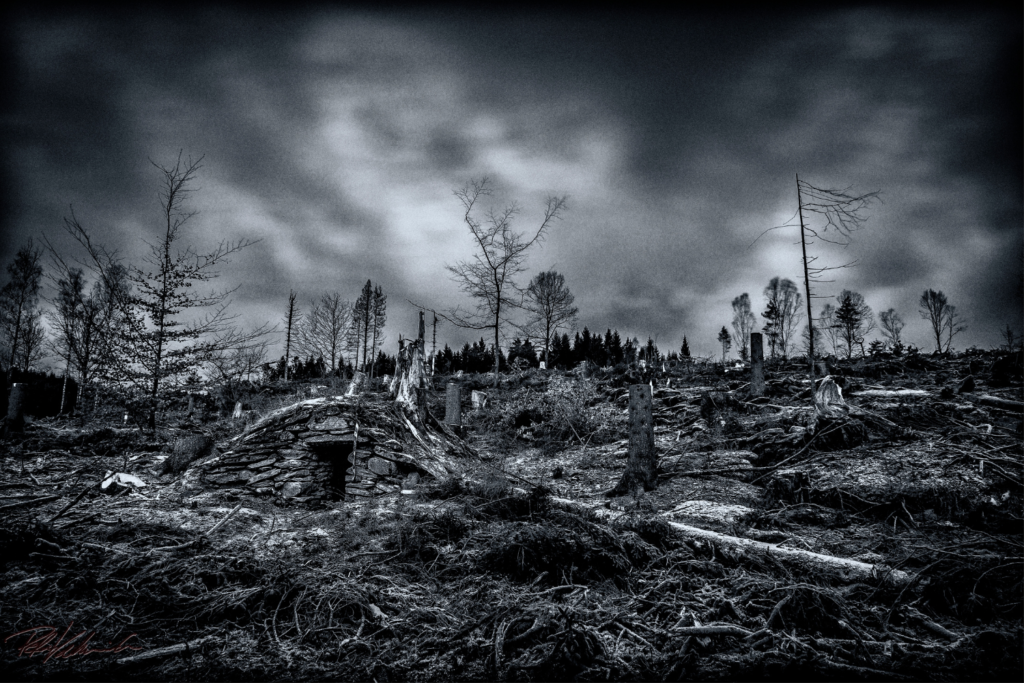Collapse: What It Is — And What To Do
In this episode, Sarah Wilson delves into the concept of societal collapse, exploring its roots and possible responses. She weaves together Western and Indigenous perspectives, discussing theories such as Moloch theory, the influence of the Church, and critiques of technological elitism. The conversation emphasizes viewing crises as opportunities for transformation, advocating for the spread of […]
Collapse: What It Is — And What To Do Read More »










